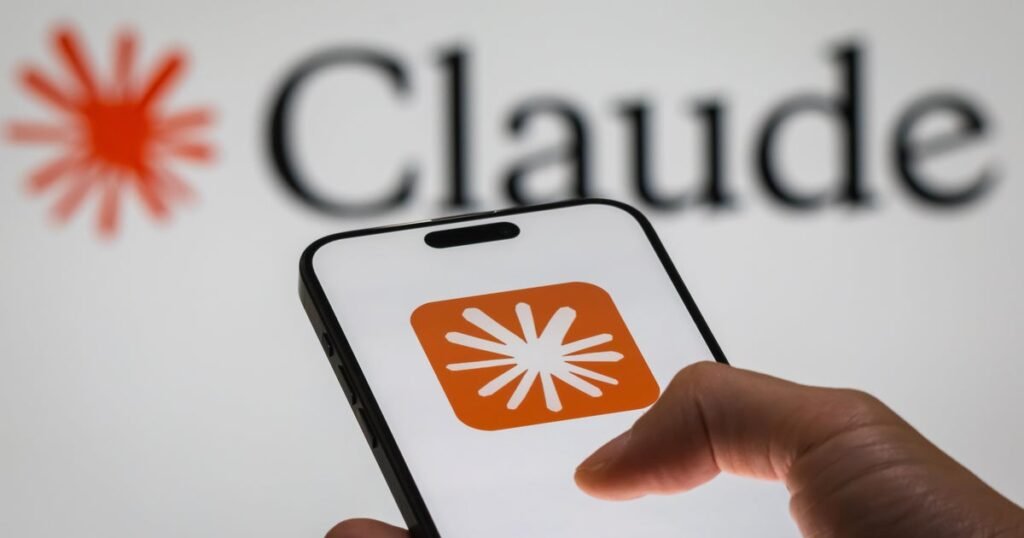Anthropic has achieved a significant legal victory regarding the use of numerous copyrighted books for training its chatbot.
In a ruling that could have far-reaching implications for similar cases, Judge William Alsup from the United States District Court for the Northern District of California stated on Tuesday that Anthropic’s use of legally obtained books to train its AI model, Claude, is not a violation of U.S. copyright law.
Founded by former leaders from OpenAI, the creators of ChatGPT, Anthropic unveiled Claude in 2023. This generative AI tool allows users to pose questions in natural language, delivering concise answers based on training from an extensive array of books, articles, and other sources.
Judge Alsup asserted that Anthropic’s approach to using copyrighted books for training its language learning model, or LLM, was “quintessentially transformative” and fell under the “fair use” doctrine of copyright law.
His decision noted, “Like any reader who aims to be a writer, Anthropic’s LLMs were trained not to merely replicate or replace existing works, but to take a different direction and create something new.”
However, Alsup also determined that Anthropic may have breached legal guidelines by downloading millions of pirated books, which will lead to a separate trial scheduled for December concerning this matter.
Documents from the court suggested that Anthropic employees were wary of the legality of acquiring books from pirated sources. Subsequently, the company revised its strategy and hired a former Google executive responsible for Google Books, a well-established digital library that has successfully navigated years of copyright disputes.
Authors Initiated Legal Action
Anthropic welcomed the court’s decision.
“We are pleased that the Court recognized that using ‘works to train LLMs (language learning models) was transformative — spectacularly so,” a representative from Anthropic shared with CBS News via email.
This ruling arose from a lawsuit filed last year by three authors in federal court. After Anthropic utilized their books to enhance Claude’s training, Andrea Bartz, Charles Graeber, and Kirk Wallace Johnson accused the company of copyright infringement, alleging that its methods amounted to “large-scale theft.”
The authors further claimed that Anthropic “seeks to profit from the extraction of human creativity and expression inherent in those works.”
The lawyers for the authors did not provide any comments.
Other AI firms have faced scrutiny regarding the sources they depend on to develop their language learning models. For instance, in 2023, The New York Times filed a lawsuit against OpenAI and Microsoft, asserting that these tech companies improperly utilized millions of its articles to train their automated chatbots.
At the same time, numerous media outlets and publishers are pursuing compensation by licensing their content to organizations like Anthropic and OpenAI.


